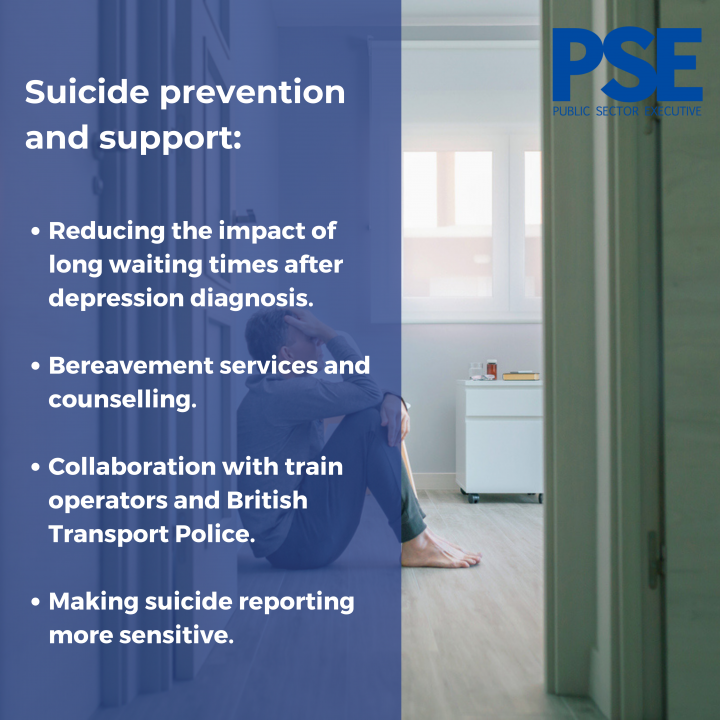The Local Government Association has said that there could be ‘life or death consequences’ of suicide prevention funding ending in April.
Urging the government to extend funding for suicide prevention through the Spring Budget, the LGA has published a series of case studies that emphasise the work that councils are doing.
The Department for Health and Social Care has, so far, not confirmed whether or not the £57 million worth of funding will be extended beyond the end of the current financial year. This has led to councils becoming increasingly concerned about whether or not they are going to have to scale back or completely cancel their suicide prevention projects.
Should long-term funding be committed, vital mental health support can continue to be delivered for communities around the country.

Chairman of the Local Government Association’s Community Wellbeing Board, Cllr David Fothergill, said:
“This suicide prevention funding has been a lifeline for many people. Councils have used it to provide fantastic support to those in their communities who have needed help the most.
“Without a commitment by the Government to extend this funding, these vital local schemes face an uncertain future which could have life or death consequences for those who rely on them.
“Councils desperately want to be able to keep tackling this issue, update their local suicide prevention plans in line with the new national suicide prevention strategy, and improve the wellbeing of their areas.”
Case studies that the LGA has included to emphasise the important suicide prevention work that is being done include:
- Essex – Councils working alongside the NHS to reduce the impact of long waiting times for depression treatment. Typically, there is a wait of between 10 and 56 days for a follow-up appointment after someone has been diagnosed, and funding has supported the establishment of regular wellbeing calls to help people before they start treatment.
- Shropshire, Telford and Wrekin – Local authorities have set up a bereavement service for loved ones who have been affected by suicide. Part of this sees counselling provided, as well as attending coroners court hearings and has helped more than 350 local people so far.
- Bournemouth – The council has collaborated with train operators and the British Transport Police following a cluster of railway-linked suicides. Part of this work has seen journalists and editors being consulted as part of a move to make suicide reporting more sensitive.
Julie Bentley, Samaritans CEO, added:
“People in serious distress cannot afford for local suicide prevention funding to dwindle away. Communities across the country rely on this money to help save lives and Samaritans stands shoulder to shoulder with the LGA in calling on the Government to urgently renew the funding in the Spring Budget.”
Image credit: iStock



















